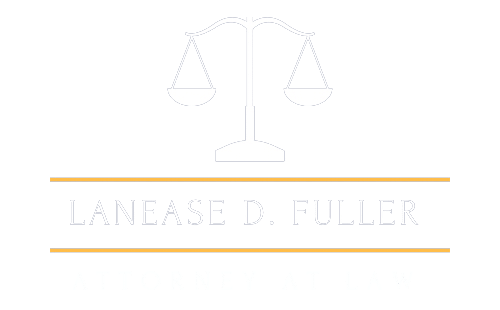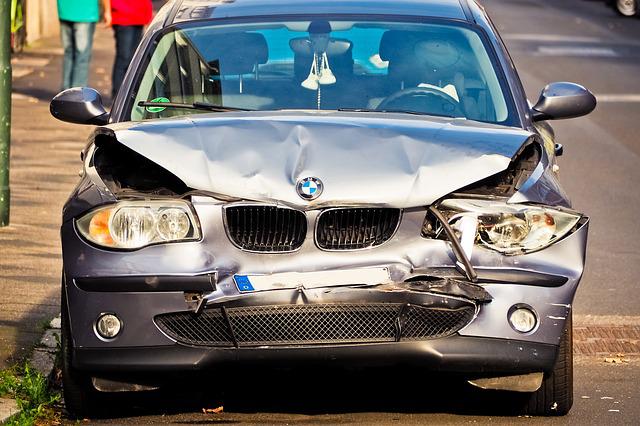Car accident cases that involve a faulty or defective vehicle are typically much more complex than those that are specifically due to another driver’s actions. However, in some cases, your car accident may have occured as a combination of both another driver and a car manufacturer. Read Nolo’s article on Product Liability Claims Involving Defective Cars below to understand more:
If you have been injured or suffered other kinds of damages because of a defective car, truck, SUV, motorcycle, ATV, or other motor vehicle (or vehicle part), you may have a product liability claim.
Some examples of motor vehicle defects that have been the subject of lawsuits in recent years include:
- SUVs that are prone to rolling over
- cars sold with tires that are prone to blowouts
- motorcycles that “wobble” when driven at high speeds, and
- all terrain vehicles (ATVs) that are prone to rolling over.
Here are some of the special features of product liability claims arising from defective cars, car parts, and other motor vehicles and parts.
Types of Product Liability Claims Involving Motor Vehicles
Product liability claims involving motor vehicles typically come in two varieties:
- Defectively manufactured vehicles or vehicle parts. This type of claim involves vehicles or vehicle parts that have been improperly manufactured in some way. This may be the result of an error at the manufacturing facility where the vehicle or part was made, or a problem that occurs during shipping or at the dealership or supply.
- Vehicles with an unreasonably dangerous design. This category of claims involves vehicles or parts that, although properly manufactured, have an unreasonably dangerous design that results in injury or other damages. Sometimes these cases involve vehicles or parts that have been on the market for some time before it is discovered that they are dangerous.
Identifying the Potential Defendants in Your Case
Be sure to identify and include in your lawsuit all potential defendants in your case. This usually means including all participants in the “chain of distribution” of the motor vehicle or vehicle part involved in your case — that is, the path the vehicle or part takes from the manufacturer to the consumer.
In cases involving motor vehicles, the chain of distribution usually includes the following types of defendants (there may be more than one defendant in any given category):
Manufacturer. In products liability cases involving motor vehicles, the manufacturer is typically a large company. This means it may have more money to compensate you for your injuries. But it also usually means that it will be able to hire a team of high-priced lawyers to defend the case.
Parts manufacturer. If your case involves a defective part, such as the tires or the battery, be sure to include the manufacturer of that part if it is a separate company from the vehicle manufacturer. You should sue both the vehicle manufacturer and the manufacturer of the defective part (unless you bought the defective part separately — a replacement set of tires, for example — in which case the vehicle manufacturer is not part of the chain of distribution and probably would not be liable).
Car dealership or automotive supply shop. Whoever sold the vehicle or the specific defective part may be liable to you for your damages — even if you were not the actual buyer. To learn more about this, see “What if the Defective Vehicle Did Not Belong to Me?,” below.
Middleman or shipper. Any company, including the shipper or other middlemen, that was part of the chain of distribution between the manufacturer of the defective vehicle or part and the dealership or other retailer where it was sold may be liable for your damages.
Used car dealer. Even if the vehicle involved in your case was bought used, the dealer who sold it may be liable in certain cases. This is a developing area of the law and may vary from state to state depending on the specific circumstances of your case.
What If the Defective Vehicle Did Not Belong to Me?
Even if the defective vehicle involved in your case did not belong to you, you may still have a valid product liability claim. For example, if you borrowed someone else’s defective motor vehicle or were injured by a defective vehicle driven by another driver, you may still have a valid claim and should include any and all of the types of defendants discussed above.
Experienced Car Accident Attorney in Houston, Texas
Attorney Fuller is a seasoned attorney with nearly three decades of experience representing a wide range of clients. This includes individuals who have suffered an injury due to another’s actions, individuals facing criminal charges, those who have been arrested for DWI, individuals who have found themselves in a civil litigation dispute, and those looking for legal guidance in business.
After filling out a client intake form, Attorney Lanease D. Fuller will take appropriate action in your case to help you get the results you are looking for. This includes but not limited to gathering evidence, going to trial, and earning a settlement that is appropriate for your specific situation. Reach out to us today to take the first step towards settling your case.
LANEASE D. FULLER LAW
4615 S. Frwy St. 820
Houston, TX 77051
713-439-7400
Google Listing


